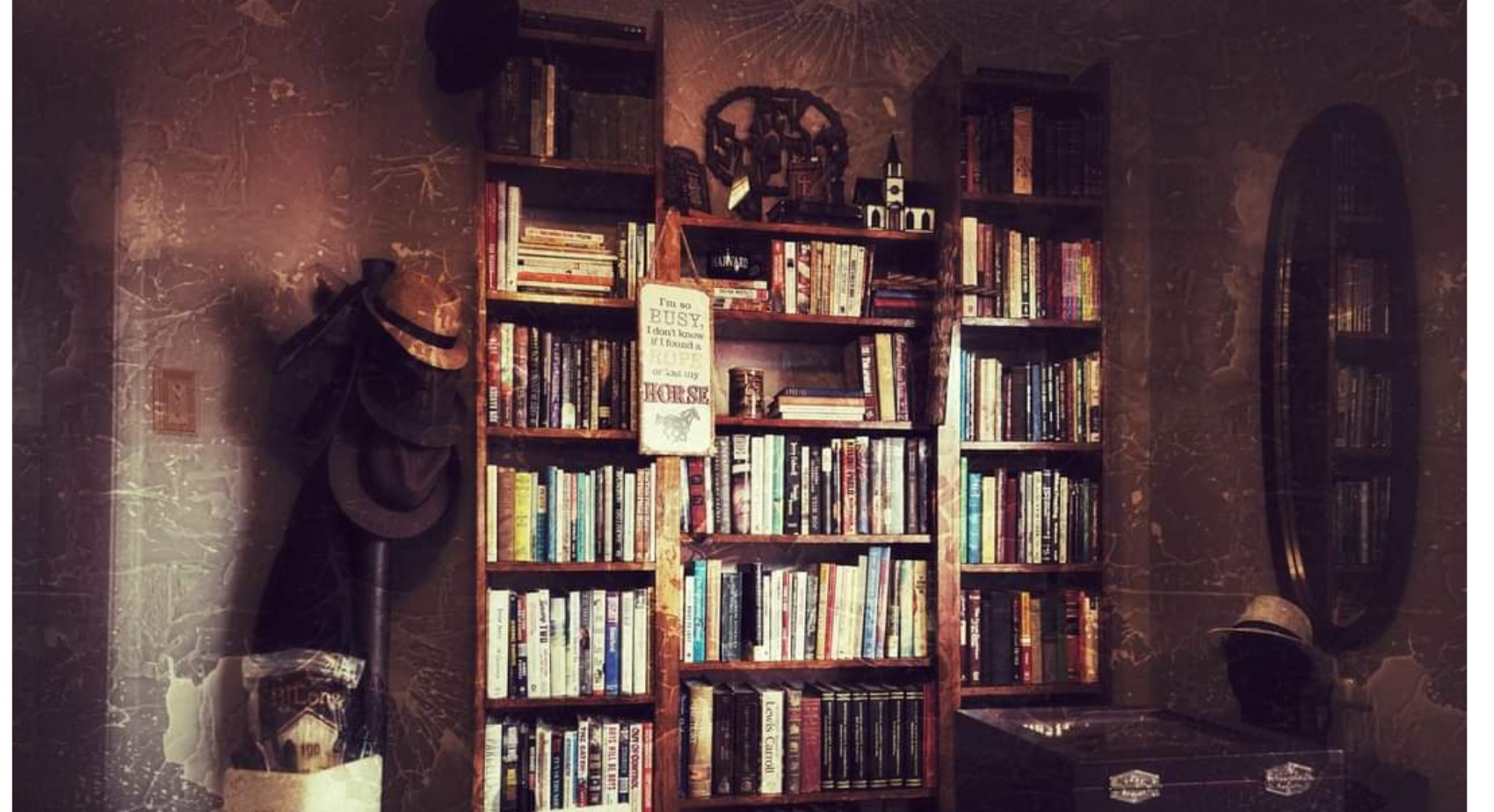Runaways
I ran away from home when I was 10 years old. My friend and I had planned it for days. We each sneaked out of our house at 11 PM while our parents and siblings slept, got our bikes, met at the corner, and headed for the hills, literally. From the small burg of Strawn, Texas, population 700 and change, we could see the mountains (really just hills) to the North. Our plan was to make those mountains before sun up, stow our bikes in a safe place, and hike to the Brazos River. (I didn’t realize at the time, it was about a 48-mile trek.) Once at the river, we would steal us a rowboat, and be off on our big adventure – just like Huckleberry Finn, the Mark Twain character we were both obsessed with.
We made it all the way to the edge of town when my friend stopped riding.
I gotta go home, he said. I can’t run away. My parents will worry themselves sick.
I felt the same and was glad he said it first. We turned around and went home. I managed to get back into bed and fall asleep, thankful for my house and my Mom, and my Dad, who snored like a bear downstairs.
I wasn’t running from anything. I was running to adventure. This began a lifelong pursuit.
Hypothetical
Let’s say you are given two choices and only two choices of what to do with your life.
First choice. You can achieve financial security and have plenty of money to live comfortably and do the things you want. You will, however, never get to make up your own mind about your professional pursuits. You will always be working on somebody else’s dream. You will achieve nothing of significance.
Second choice. You will struggle financially and often just scrape by. You will, however, be your own boss, blaze your own path, and achieve something of significance. You simply will not reap any great financial rewards.
Of the two, which would you choose?
Blackthorn
I watched the 2011 film Blackthorn starring Sam Shepard. The film is a fictional account of Butch Cassidy in his twilight years. Rather than dying in a hail of Bolivian army bullets, Butch and the Sundance Kid survived. The dead bodies that were recovered after the bloody battle were not them. Sundance did die of his wounds some days later, but Cassidy lived on into old age, working as a small-time horse rancher, hidden away in the Bolivian wilderness. He assumed the name James Blackthorn.
A few of the quotes from Sam Shepard’s Blackthorn resonated with me. They gave insight into how he saw the real Butch Cassidy, filtered through the life of his fictional version.
Sometimes I think there’s only two moments in a man’s life: the one is when he leaves home, and the other one is when he returns. Everything else is just in the middle.
One day I woke up and found myself alone. Seemed like everybody I knew was either dead or in jail. They thought I was dead too. So I just did what any good dead person would do; I went off and raised me some horses. Twenty years.
Friendship is the most valuable thing a man can have. It’s worth more than money, land, horses, or cattle. It might be the only thing you never forget.
Everthing is nothing. Nothing is everything.
What makes a man rich or poor? Is it only money? Material wealth? Is it possible for a pauper to be richer than a prince or for a prince to be poor as a pauper? Doesn’t it really depend on what you value?
Someone who has everything and yet is restless, unhappy, unsatisfied, always thirsting for more. Is that person wealthy? What about the person who has little but is content, thankful, happy?
The Apostle Paul told Timothy, one of his proteges, Godliness with contentment is great gain. For we brought nothing into the world, so we cannot carry anything out of it. But if we have food and clothing, we will be content with these. (1 Timothy 6:6-8, Berean Study Bible)
How much would a capable man like Timothy give up in terms of creature comforts as he followed Paul into the rigors and hazards of first-century Christian ministry?
Everything might be nothing and nothing might be everything. It all depends on one’s perspective.
Shepard’s Cassidy was a man who might have had everything most men would want if hed followed another path. Instead, he accumulated ( or kept) little. But he lived free and to him that was everything.
I’ve been my own man. Nothing richer than that.
Poetic License
Whatever you have, whatever you do,
Rich or poor is down to you.
It’s not what you accumulate,
Or even what you achieve.
Realize – it’s not too late
As long as you have breath
Dont blame the hand of fate
Dont live a living death
Contentment isnt circumstance
Nor joy trouble-free
You can do a happy dance
Even on your knees
Whatever you have, whatever you do,
Rich or poor is down to you.
If what you value, values you.
The JourneyMan
